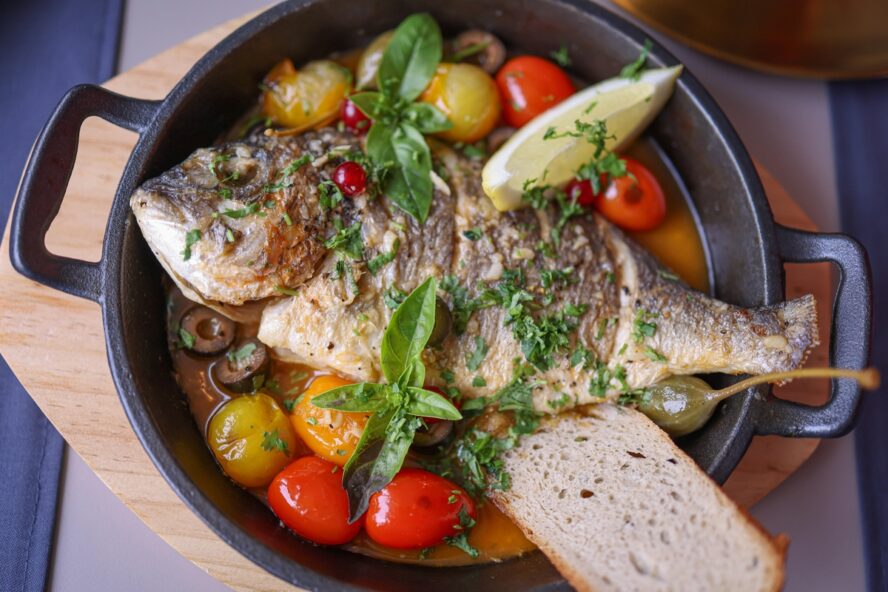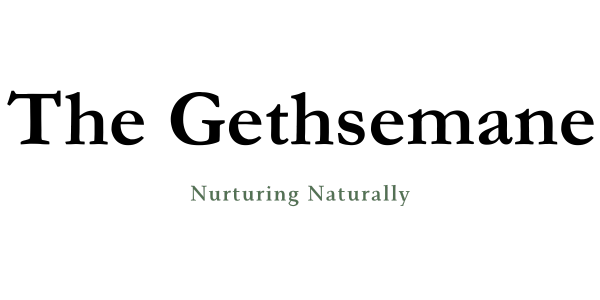Breast cancer is the second most common female cancer in the U.S., after skin cancer — so we have good reason to be concerned about any risk factors. According to the American Cancer Society, breast cancer is also on the rise, with incidence rates increasing 1% per year — a fact it attributes to lifestyle factors including excess body weight and reproductive choices1.
And research seems to confirm this. Two new studies highlight a perturbing link between a high-fat diet and increased risk of breast cancer and metastasis. This data means that fat intake joins other dietary risks linking nutrition and breast cancer, like processed food and sugar consumption.
So does this new research signal the death of high-fat diets like carnivore and keto? Here’s what experts say.
What Does Science Say About Fat Consumption and Breast Cancer Risk?
The first of two new studies linking fat consumption with an increased risk of breast cancer explored the ways in which a high-fat diet could encourage breast cancer to metastasize in the lungs in animal models. The researchers behind this study, published in Nature Communications in March, found that cancer cells in mice consuming a high-fat diet surrounded themselves with platelets, which acted like armor as they spread2. They also found that a high-fat diet could contribute to an increased expression of the protein fibronectin in lung tissue, making it easier for tumor cells to nest in the new organ.
“These results anticipate a future in which dietary changes, together with the control of platelet activity, will complement antitumor treatments,” says Héctor Peinado, a co-author of the study.
The second study, published in Science in April, showed that omega-6 fatty acids like linoleic acid, found in nut and seed oils like safflower oil and grapeseed oil, could promote the growth of aggressive, triple negative breast cancer3. The researchers found that linoleic acid could activate a major growth pathway in tumor cells by binding to the protein FABP5.

“This discovery helps clarify the relationship between dietary fats and cancer, and sheds light on how to define which patients might benefit the most from specific nutritional recommendations in a personalized manner,” said study senior author Dr. John Blenis, the Anna-Maria and Stephen Kellen Professor of Cancer Research in the Department of Pharmacology and a member of the Sandra and Edward Meyer Cancer Center at Weill Cornell Medicine.
Risk Factors for Breast Cancer
We now know that there are many risk factors for breast cancer, including low physical activity, obesity, and alcohol consumption. These join lesser-known possible risks like storing your phone in your bra, BPA exposure (a chemical found in certain types of plastics), and vitamin D deficiency. But perhaps the most important? Genetics. A family history of breast cancer or inherited mutations like BRCA1 and BRCA2 can increase the risk of breast cancer. In these cases, it’s especially important for certain precautions to be taken.
Despite the genetic facts we can’t control, there are still answers to how to reduce your risk of breast cancer. The CDC cites several risk factors for breast cancer that we have the power to change, such as getting more exercise, maintaining a healthy weight, and reducing consumption of alcohol. And this study seems to suggest that reducing fat consumption should join that list.
Fat Can Still Be Part of a Healthy Diet — Even for Those at Risk
Just because these studies seem to show that fat can increase the risk of breast cancer doesn’t mean that at-risk women should be reverting to the low-fat diets popular in the ‘90s. While both studies found a link between cancer and fat consumption, Naturopathic Doctor Serena Goldstein is quick to note that not all fats are created alike. “In the first study, they talked about the detriment of fats,” she says, “yet did not clarify if it was all fats, or just some.”

Omega-3 fatty acids, the ones found in abundance in fish and seafood, are “significantly better for us,” she says, than the omega-6s that contribute to inflammation and can be found in fried foods and cured meats. (Not to mention that recent studies show omega-3 fatty acids might play a role in slowing the aging process.)
But even omega-6s don’t deserve all-encompassing demonization. “There are very healthful foods that have both [omega-3 and omega-6],” she says. These include walnuts, flax seeds, and salmon. And as published by Harvard Medical School in 2019, omega-6 fatty acids gleaned from plant-based sources like vegetable oils can actually be beneficial for cholesterol and insulin sensitivity4.
What Should I Eat to Reduce Risk of Breast Cancer?

For those who are consuming a diet high in trans fats or who use seed oils frequently for deep-frying, it could be worth making a change to help ward off breast cancer. But for most, a regular intake of healthy sources of plant-based omega-3s and-6s is still a good thing. If you’re looking for a diet to avoid breast cancer, Goldstein recommends that those at risk follow a Mediterranean diet, which includes sources of healthy fats like fish, seafood, and nuts.
“It can be difficult to make a direct correlation in blaming one food and/or food category, as we (and food) are so multifaceted.”
Serena Goldstein, Naturopathic Doctor
She also recommends limiting processed foods and drinks, which a 2023 research review in Frontiers in Nutrition found contributed to a higher risk of breast cancer5. She cited refined sugar as a potential culprit, which was backed by a 2009 study in Cancer Causes Control that found “frequent consumption of sweets, particularly desserts” could be associated with increased risk of breast cancer6.
Ultimately, it’s essential to bear in mind that a holistic approach is typically the best.
“It can be difficult to make a direct correlation in blaming one food and/or food category, as we (and food) are so multifaceted,” says Goldstein. Overall, balance is the key not just to avoiding breast cancer, but also living a long and healthy life.
Sources:
- https://www.cancer.org/cancer/types/breast-cancer/about/how-common-is-breast-cancer.html
- https://www.nature.com/articles/s41467-025-57938-9
- https://www.science.org/doi/10.1126/science.adm9805
- https://www.health.harvard.edu/newsletter_article/no-need-to-avoid-healthy-omega-6-fats
- https://pmc.ncbi.nlm.nih.gov/articles/PMC10507475/
- https://pmc.ncbi.nlm.nih.gov/articles/PMC4109805/







